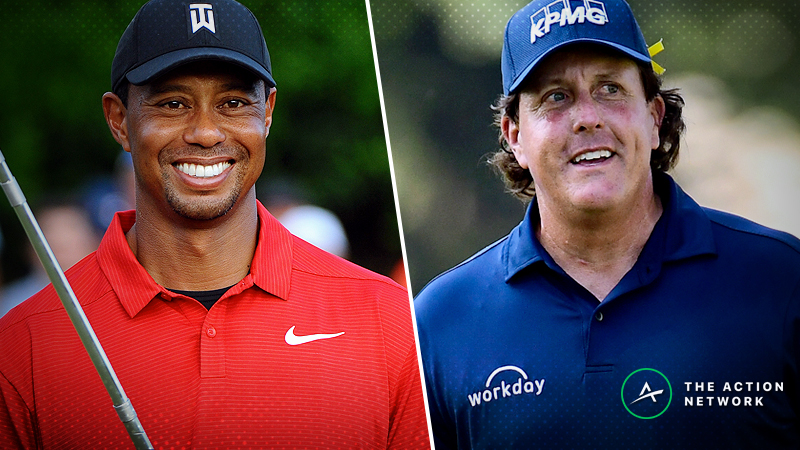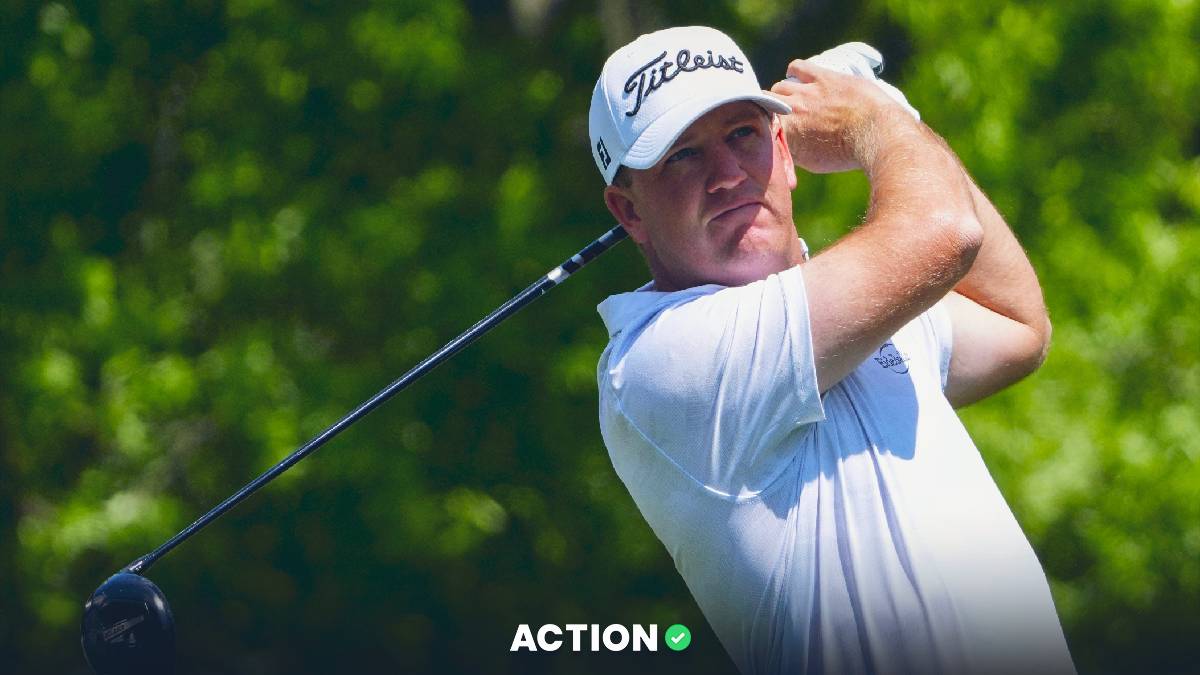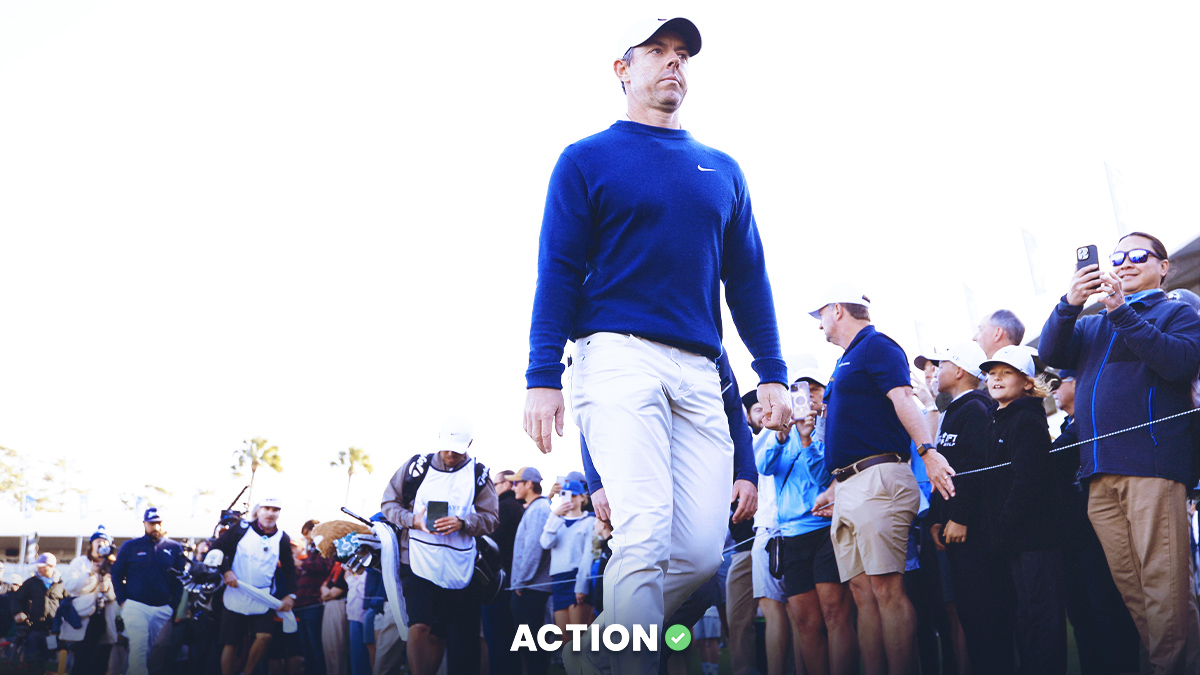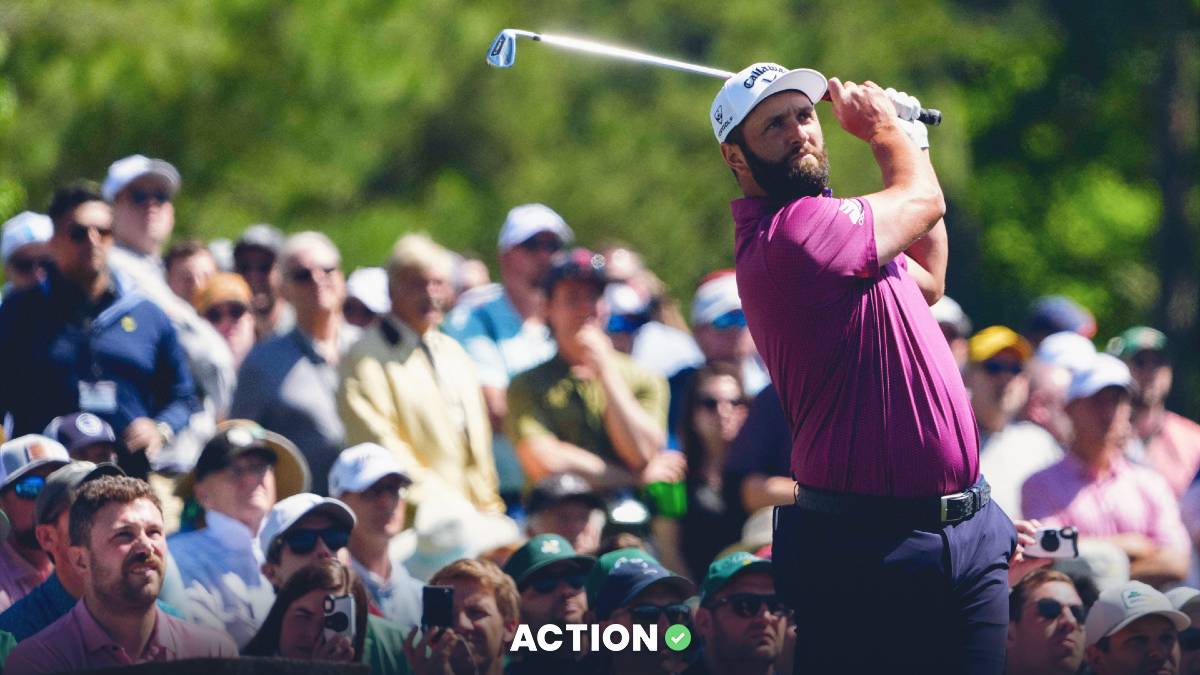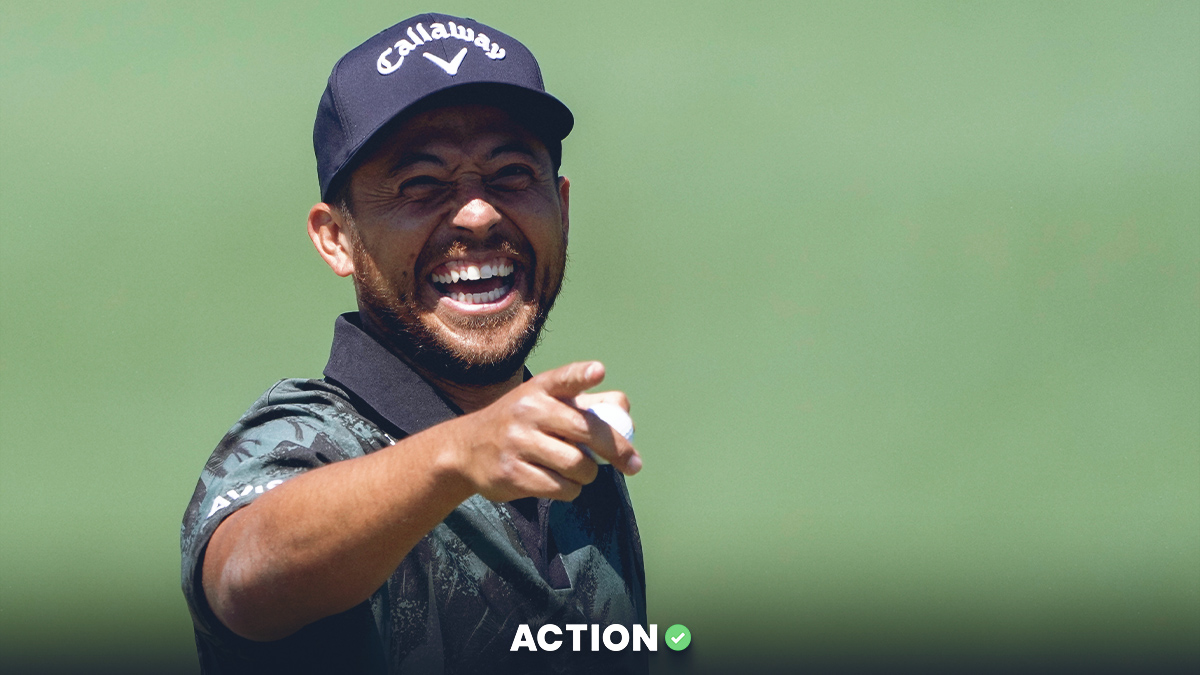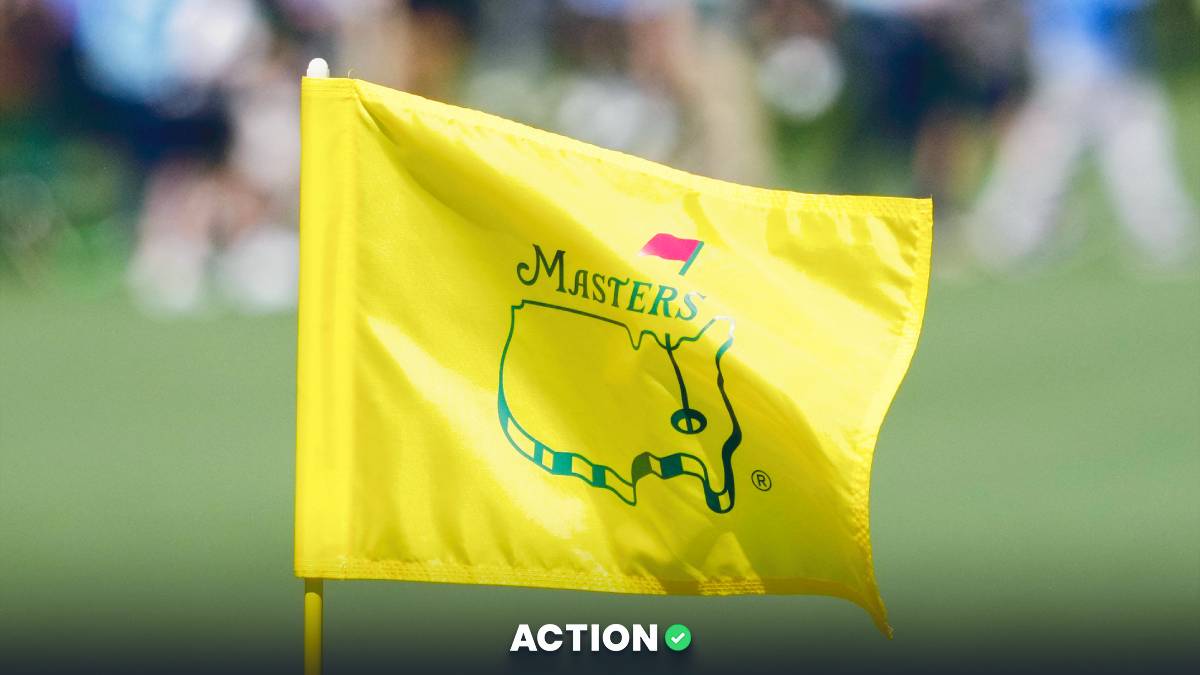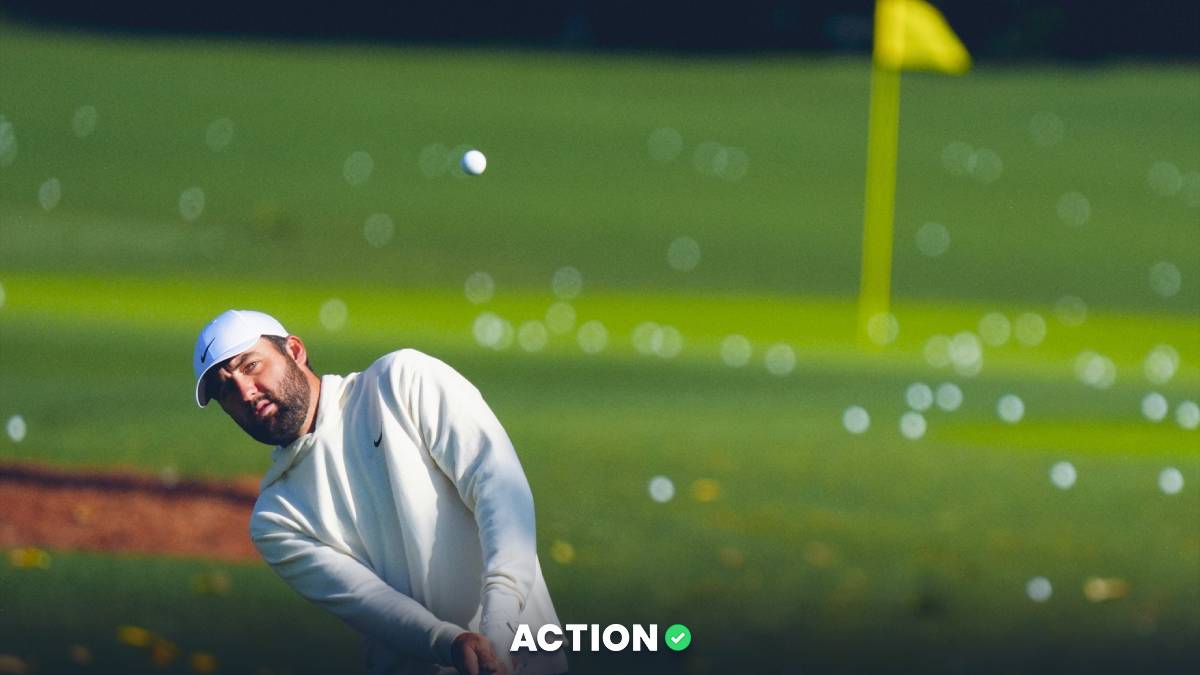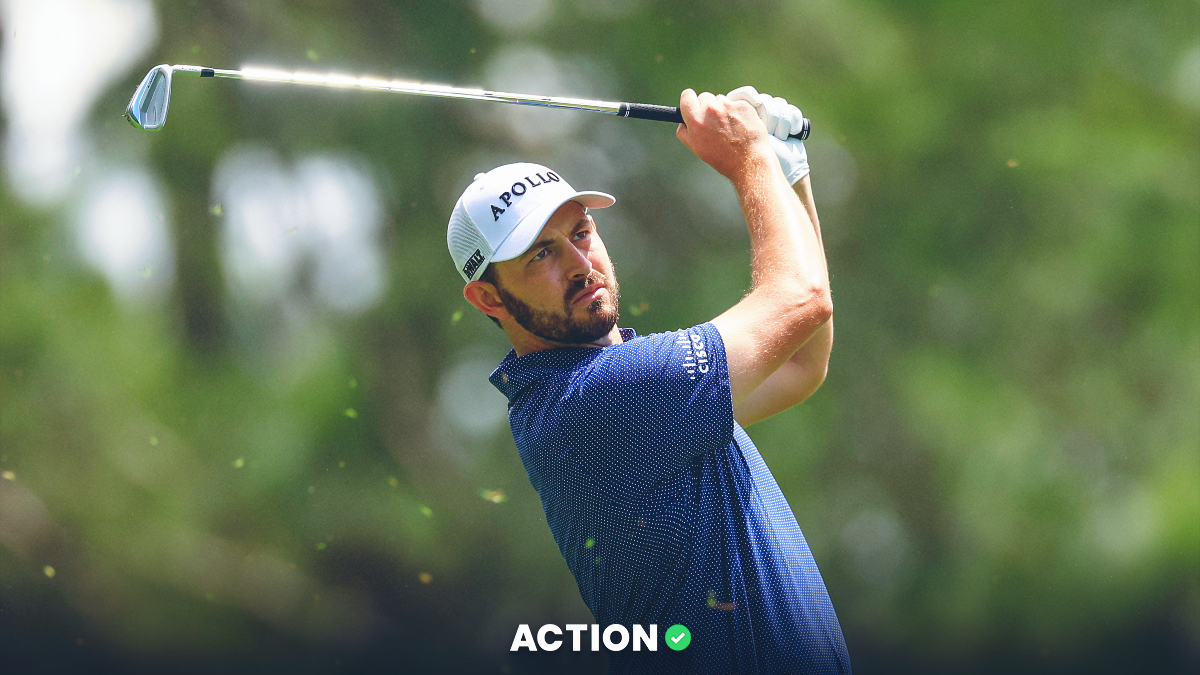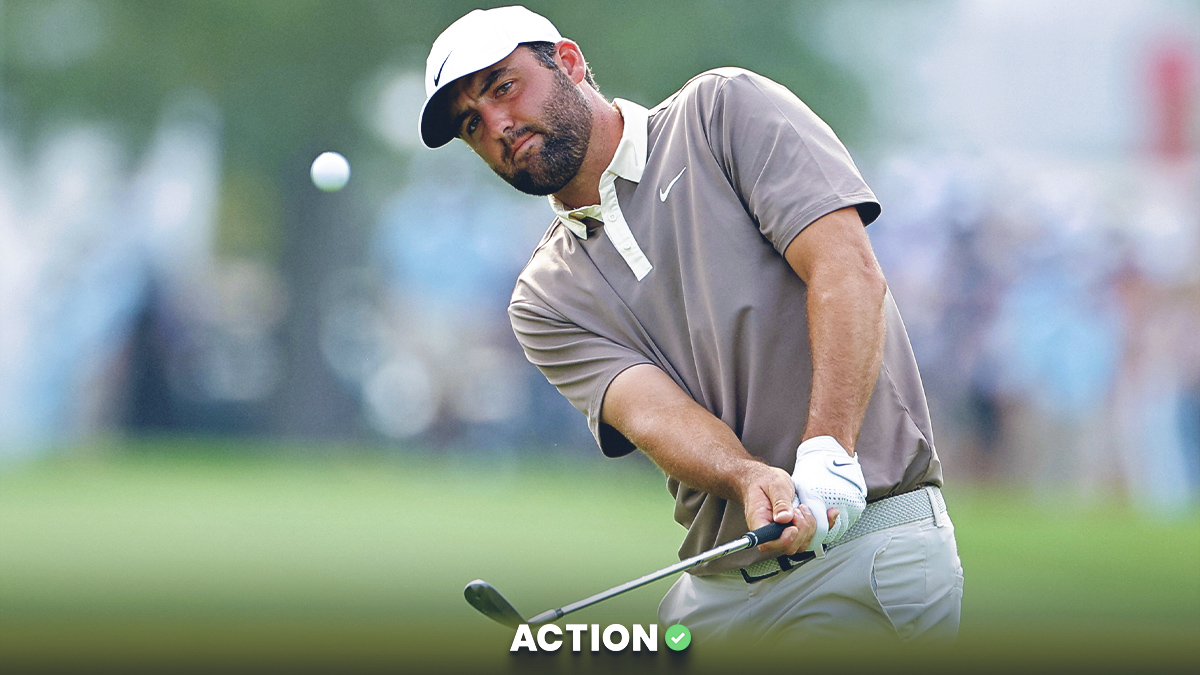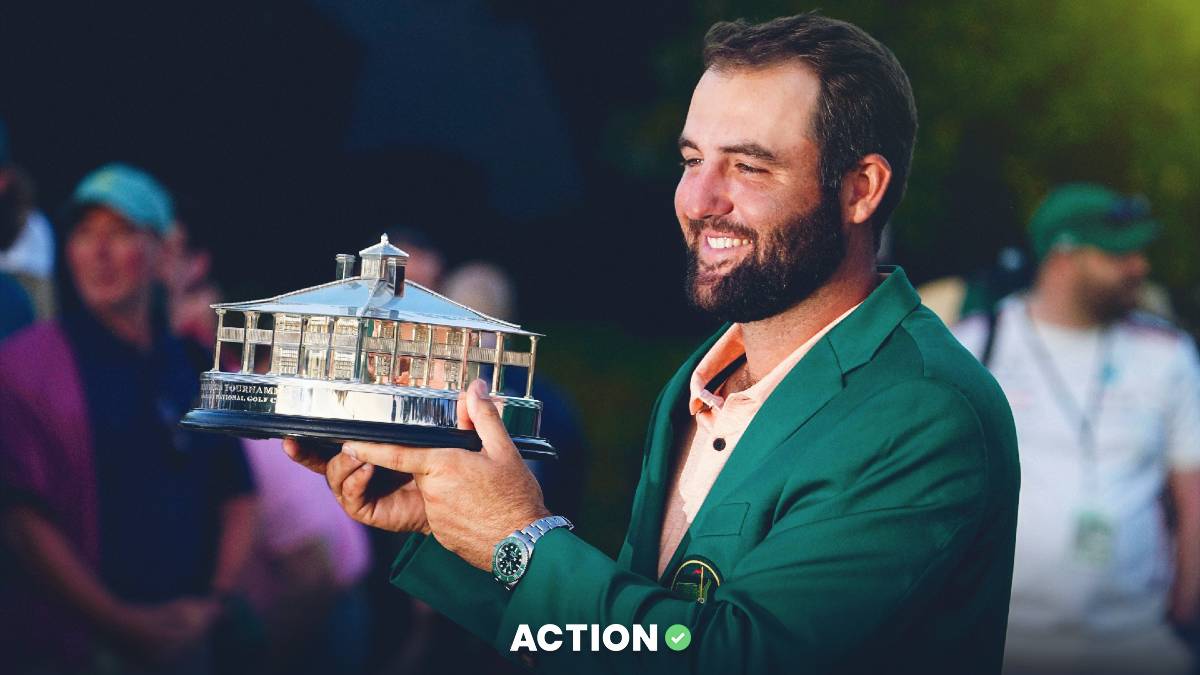It’s amazing how people will scoff at paying a measly 20 bucks.
On Thursday, it was announced that the pay-per-view fee for next month’s head-to-head match between Tiger Woods and Phil Mickelson will be $19.99. Judging by public reaction, you’d think the two protagonists had asked for a cut of everyone’s 401(k).
Don’t get me wrong: I understand the outrage.
Professional golf tournaments are free on our TV screens from Thursday through Sunday, nearly 52 weeks out of the year. Now we’re being asked to pay for something slightly similar and many are dubious.
So yeah, I get that reluctance. I just don’t agree with it.
I vaguely recall a similar reaction when companies started asking the public to pay for water in bottles. Why should we fork over money for the same stuff that comes straight out of our faucets?
That sentiment sure killed the bottled water industry, huh?
When I spoke with Mickelson last month, his rationale was that if every potential consumer got together with two friends or relatives, the divided cost of The Match would be less than a movie.
And he’s right: On the day after Thanksgiving, a day when people traditionally line up outside malls and trample their fellow humans for the opportunity to spend more money, tossing in $6.66 to get away from it all and watch some golf sounds like a bargain.
It’s not like there will be many other options. As of right now, the only “big-time” U.S.-based sporting event up against The Match is the Oregon-Oregon State football game. I’ll take the Ducks, 58-14 — and a promise that you’re clamoring for the remote control by the second quarter.
We’ve all paid a lot more than $19.99 for boxing title bouts that either end in 90 seconds or consist of a full hour of jabs that never land.
Sure, unlike Tiger and Phil’s match, those include an undercard. But admit it: You’re always more interested in the chips and dip than in a super light flyweight match between two guys you’ve never heard of before.
Part of the backlash toward pay-per-view golf is that it’s perceived as greed. These are two of the world’s richest athletes and they’re asking for our hard-earned money to watch them play an exhibition.
That’s a difficult point to argue. The Match was shopped to network and cable-television outlets and, for whatever reason, a deal wasn’t reached.
Perhaps this will exist solely as a one-and-done idea if the ratings aren’t great, but it’s naive to believe the power of the people will send the strongest message.
From what I’ve heard, sponsors jumped at the chance to get involved, which might not be the sole gauge of success, but could be the most important.
If there’s a failure with the hype leading up to this event, it might be less in the pricing than the promotion — and I’m not even talking about the advertisement depicting Tiger swinging a lefty club.
Even if greed is an underlying theme, there will indeed be charitable components to The Match, which haven't been announced yet.
Perhaps that’s the fault of the organizers for not gauging public sentiment and getting out in front of any backlash with an early announcement.
And while there’s been a focus on who won’t be allowed at Shadow Creek — no tickets will be sold to the public — there’s yet to be a leak regarding who will be there.
Some of the names I’ve heard — famous entertainers who might be heckling and wagering with the players along the way — will ensure that this is no big-money redux of a WGC-Dell Match Play second-round contest.
But instead of thinking of how this will be a refreshing change for golf, so many people are rushing to judgment. Twenty bucks? No thanks, I’d rather do anything for free than hand over a crisp Jackson.
Of course, there is a way to offset the cost. In theory, the telecast will continuously include updated betting opportunities on the screen. From wagering on the winner to which player will make the next birdie to which will hit the longest drive, there will be myriad chances to win back that $20 and more.
My guess, though, is that those who have already predetermined this price to be too outlandish to pay will similarly reject the idea of putting more money on the line to recoup the original stake.
To use a fitting phrase: That’s rich.
On a day so closely associated with greed in this country, it’s ironic how many people are willing to point the finger elsewhere, mocking the notion of paying for a little something extra.


